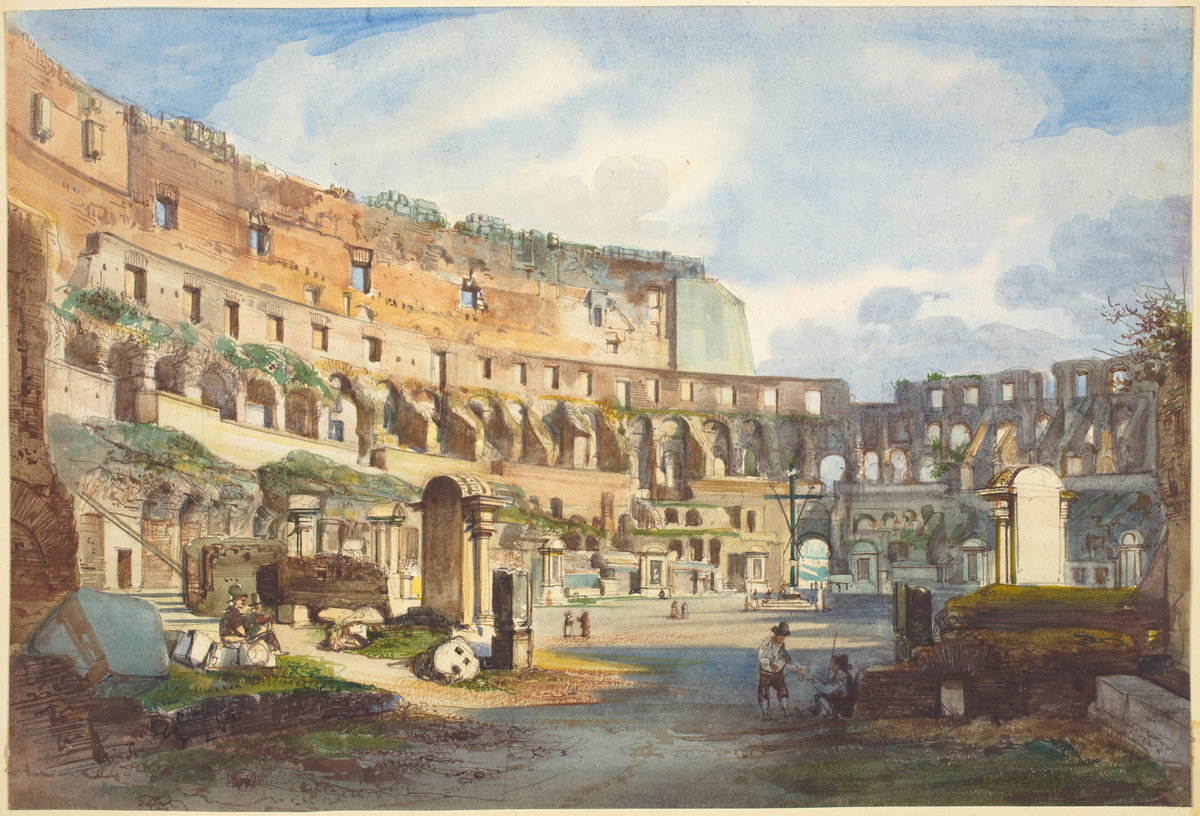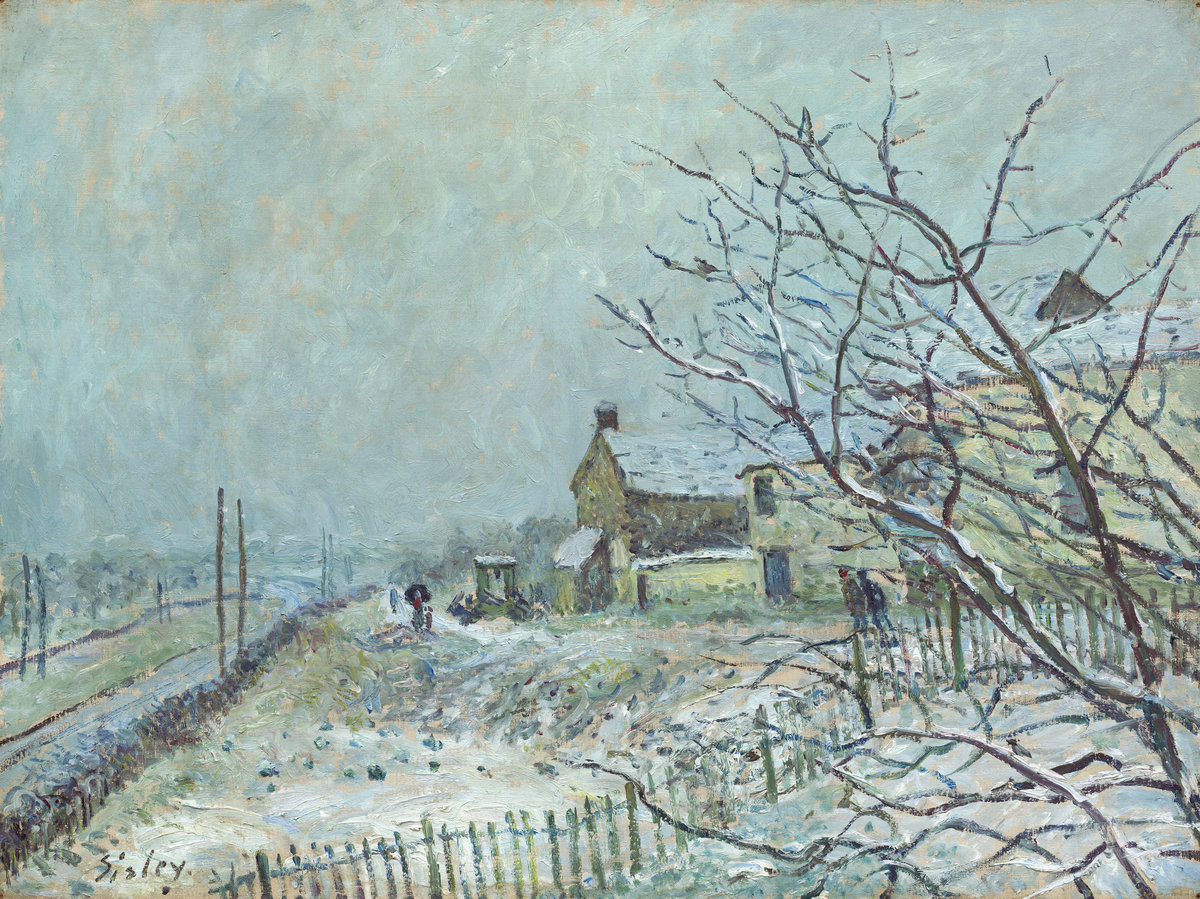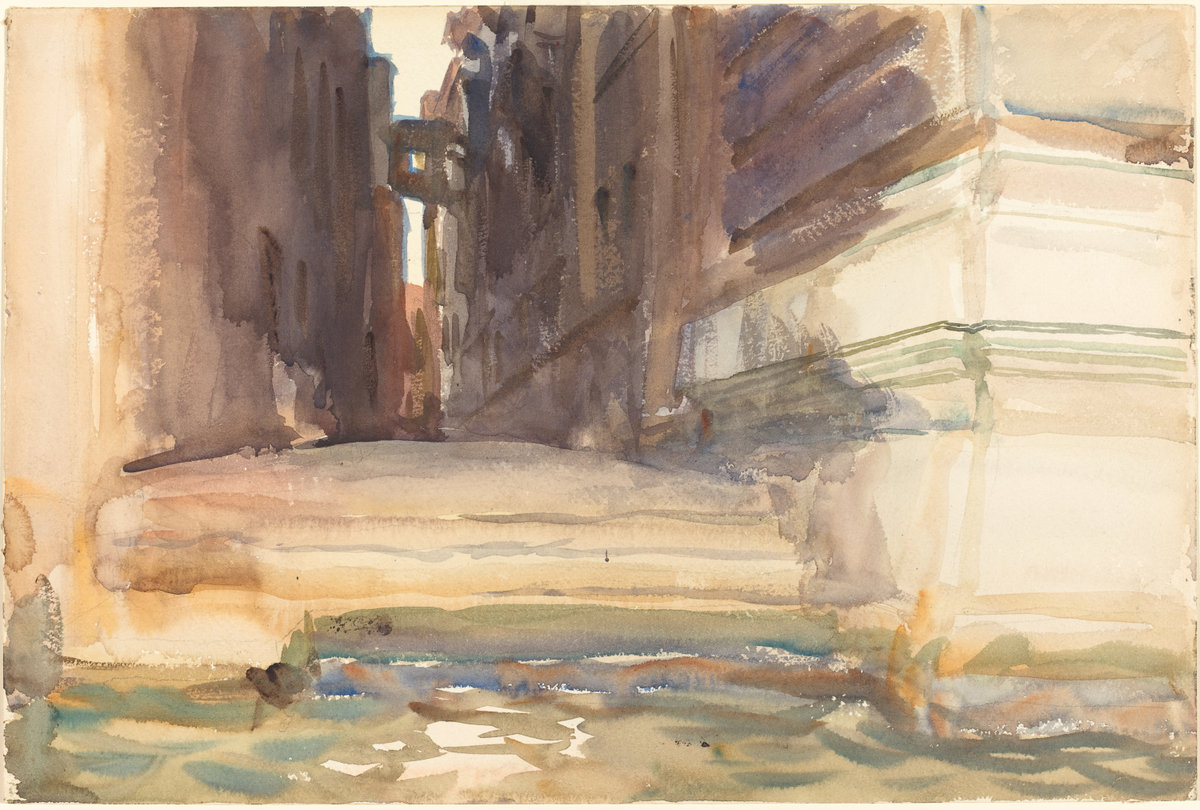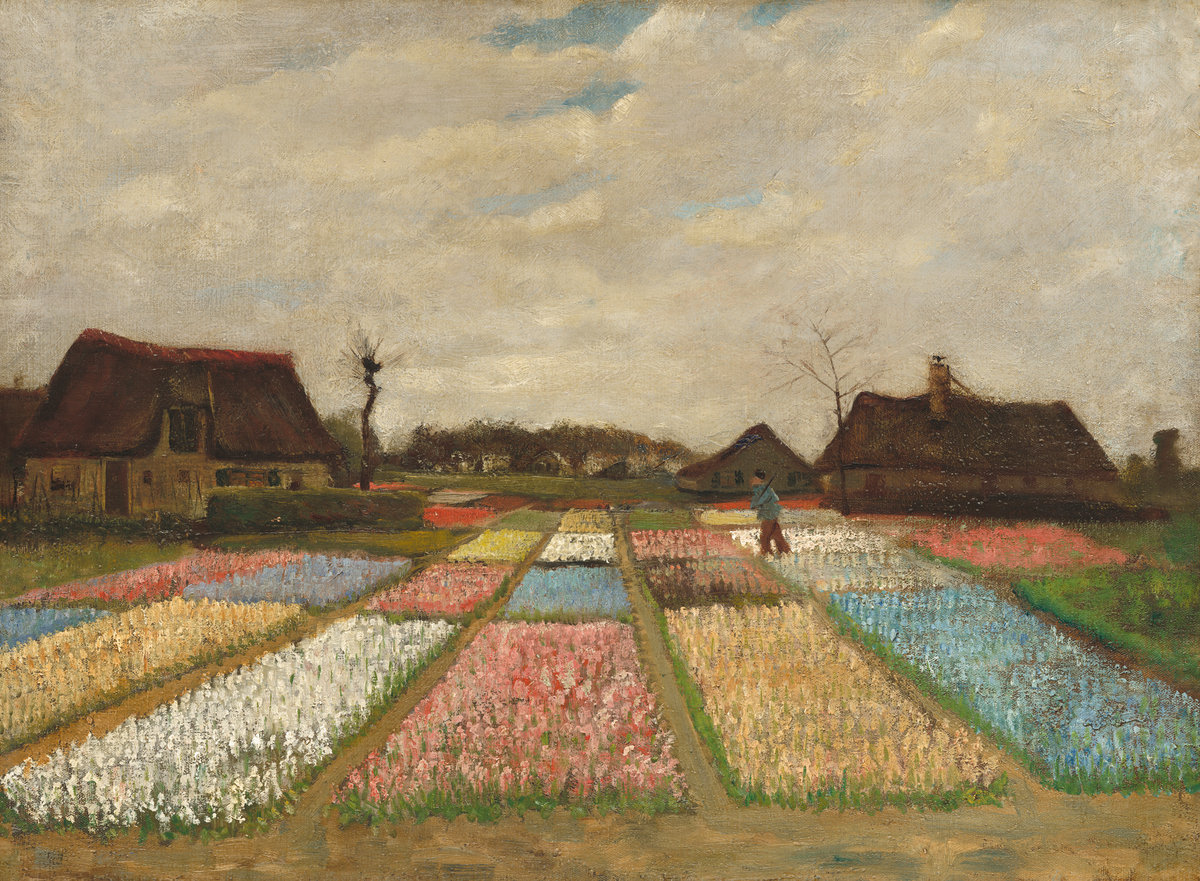Last summer we asked our readers to submit their questions about political violence for our contributors to take a crack at. We’d now like to do the same, again. Got a question about political violence and conflict? Submit your questions in the comments, and our team of contributors will try and answer. We will post the answer to the first question we’ve chosen next week.
You May Also Like
Weekly Links
- July 29, 2018
By Patrick Pierson. The US and Mexico are hoping to find common ground on the basics of a…
Weekly Links
- November 22, 2015
By Patrick Pierson As the situation in Libya continues to deteriorate, the country’s Tripoli-based General National Congress has…
Weekly Links
- March 5, 2017
By Patrick Pierson. US and South Korean troops began annual joint military exercises this week. In a historic…
Weekly Links
- September 30, 2018
By Patrick Pierson. Will a NAFTA deal be reached today? Mob violence claimed another life in Mexico this…
Weekly Links
- February 28, 2016
By Patrick Pierson. Recent airstrikes in Libya underscore the increasing importance of countering the emergence of the Islamic…
Weekly Links
- May 28, 2017
By Patrick Pierson. Poland continues to reject EU pressure to take in more migrants. A South Korean woman…







0 comments
1. What reforms should policy makers enact according to the peace and conflict literature you think is the most convincing in order to save greatest number of innocents’ lives?
2.What peace and conflict research do you think is the most groundbreaking of the last decade, and why?
How true is the assertion that drones actually have lower civilian death rates than more traditional methods? Is it even fair to make the comparison because it is so much easier for drones to hit targets than ground forces?
Why do different public agencies define terrorism differently? Would we be better off having a single definition?
Why does war not break out in cases in which, according to existing theories of civil war onset, violence technically should break out? In other words: why is there peace when we would expect war? (Other than GDP/per capita)
Does the level of ethnic fragmentation within a country affect the level of violence when conflict breaks out? Using the Arab Spring revolutions as case studies, can this possible association explain the varying degrees of conflict (from nonvoilent in some countries to very violent in others) witnessed throughout the Middle East and North Africa?
Along similar lines, does a minority group in a position of power predict higher levels of violence in suppressing popular anti-government revolutions? Was Syria’s initially nonviolent revolution thus doomed from the start? In such cases, I would think that high-level defections of important pillars of support for the ruling coalition (business elites, military officials, etc.) would be fewer and farther between, due to enhanced fear of reprisals from other ethnic groups not in power. Violent repression would thus persist and even increase on behalf of the government as it desperately hangs on to power, and the opposition would never truly benefit from military defections that could swing the chances of successful revolution in their favor.